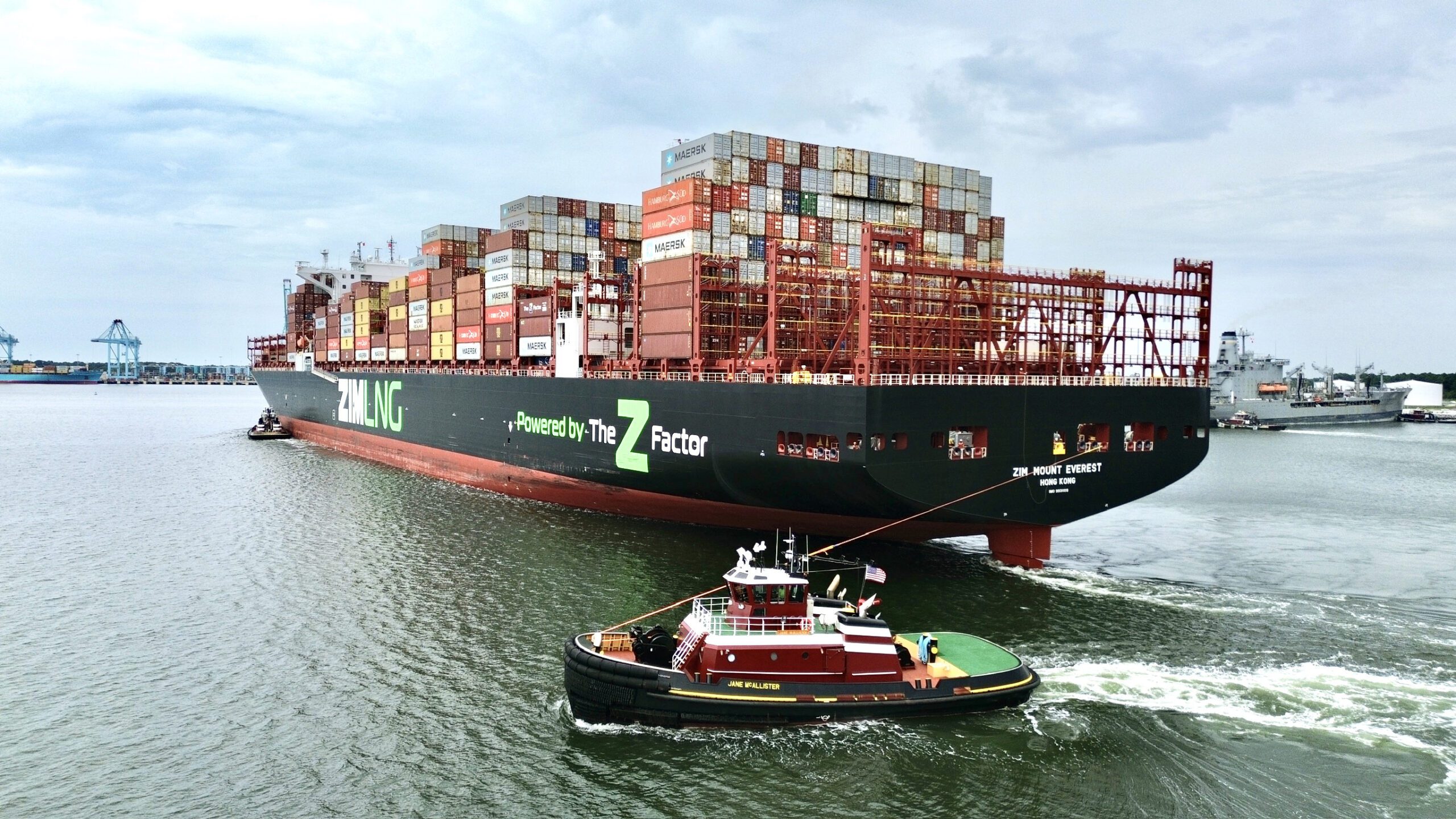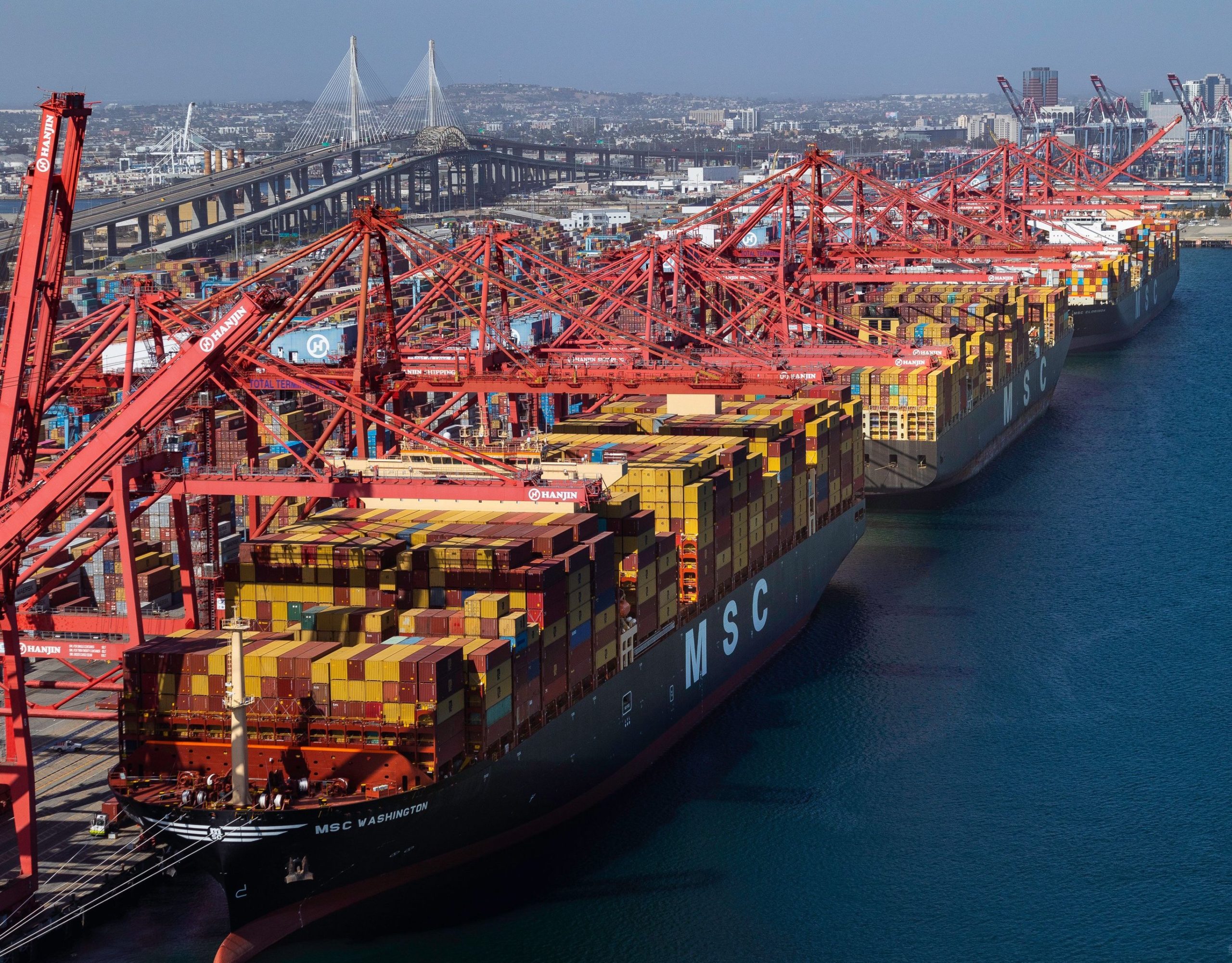U.S. container import volumes declined sharply in September 2025, falling 8.4% from August to 2,307,933 twenty-foot equivalent units (TEUs), according to Descartes Systems Group’s October Global Shipping Report. The decline marks the steepest monthly drop in recent years and comes as importers navigate ongoing tariff uncertainty.
Imports from China led the downturn, dropping 12.3% month-over-month to 762,772 TEUs and falling 22.9% compared to September 2024. The decline affected nearly all major product categories, with aluminum and related articles posting the steepest contraction at 43.8% year-over-year. Footwear dropped 33.9%, electric machinery fell 31.5%, and both knit and non-knit apparel categories declined more than 29%.
Furniture and bedding, the largest import category from China, fell 22.3% year-over-year while maintaining a 14.5% share of all China-origin imports.
“After two months of elevated volumes, U.S. container imports dropped in September, led by a significant pullback in volumes from China,” said Jackson Wood, Director of Industry Strategy at Descartes. “September’s decline underscores the combined impact of seasonal softening and tariff-related caution. With the 90-day tariff truce between the two countries set to expire in mid-November, China’s share of U.S. imports remains sensitive to both policy outcomes and underlying market dynamics.”
While the month-over-month decline is consistent with seasonal patterns observed in eight of the last 10 years, the steeper drop this year reflects heightened sensitivity to tariff deadlines as importers adjust shipment flows in response to policy changes. Despite September’s contraction, year-to-date volumes remain 1.9% ahead of the same period in 2024.
The report indicates that imports from the top 10 countries of origin fell 9.4% month-over-month, representing a combined decline of 169,126 TEUs. Significant declines were also recorded from Italy, down 15.1%, South Korea at 14.1%, Germany at 11.6%, Hong Kong at 11.2%, and Taiwan at 10.2%.
The decline comes as new section 301 vessel fees take effect on October 14 and the U.S.-China tariff truce approaches its November 10 expiration date, adding further pressure to imports from China. Port transit time delays showed mixed results with overall minor improvements in September as volumes declined from August.
Descartes noted that tariff volatility continues to create trade uncertainty while global supply chains also contend with ongoing geopolitical disruptions.
Editorial Standards · Corrections · About gCaptain

 Join The Club
Join The Club











